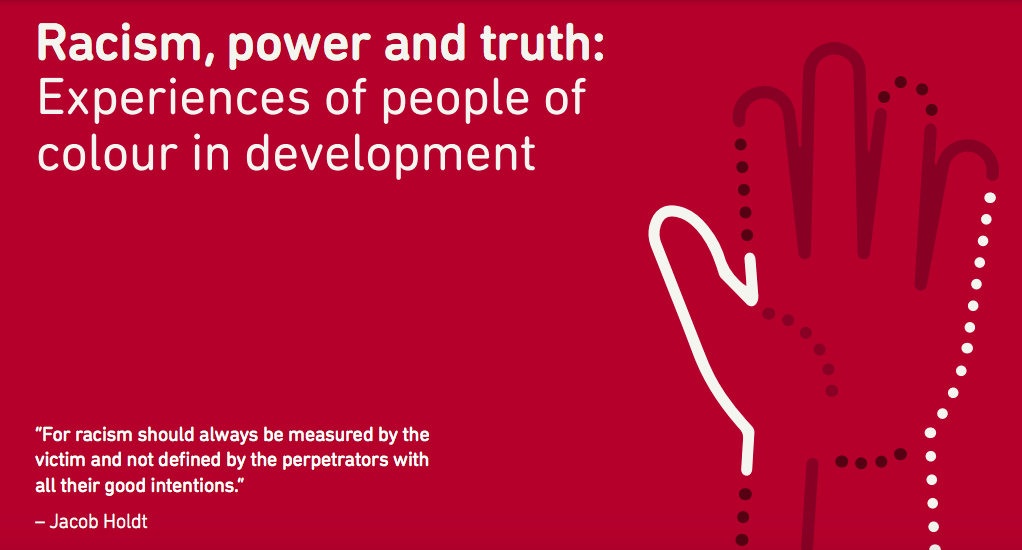Captioning Awareness Week to highlight need for greater accessibility to the arts
The sixth annual Captioning Awareness Week will take place online next week, from 9-15 November 2020, supported by theatres, museums and galleries in the UK.
The Captioning Awareness Week campaign highlights the importance of access to the arts for d/Deaf, deafened and hard of hearing audiences, when performances and exhibitions are being accessed online more than ever before.
Nearly one in five UK adults have hearing loss, but less than 1% are fluent in British Sign Language.
Captions are similar to television subtitles, but with the actors’ words appearing on screens placed in the set (or the side of the stage) at the same time as they are spoken or sung. This live subtitling experience is also available for online performances.
Government figures suggest that more needs to be done during the pandemic to monitor the mental wellbeing of those with hearing loss.
According to the ONS in July, 64% of people with a hearing impairment reported feeling lonely, compared to 44% of non-disabled people. And 54.8% of people with a hearing impairment reported leaving their home in the past week, compared to 80% of disabled people with a mental health impairment.
Captioning Awareness Week will include a live subtitled performance of Olivier Award winning play Emilia and a number of renowned shows under the banner of The Shows Must Go On. Live captioned lectures and discussions are also being organised by the British Library, the British Academy and the Royal Society.
The campaign is organised by the charity Stagetext, which saw an increase in demand for subtitled performances during the lockdown. In April it provided the subtitling for the Phantom of the Opera, with 2.5 million watching using Stagetext’s subtitles (12.8 million in total watched the performance).
Despite an increase in demand for online performances, access remains patchy. According to Action on Hearing Loss, 87% of people with hearing loss have attempted to watch a programme on-demand and found it had no subtitles.
Photo by Eduardo Pastor on Unsplash



